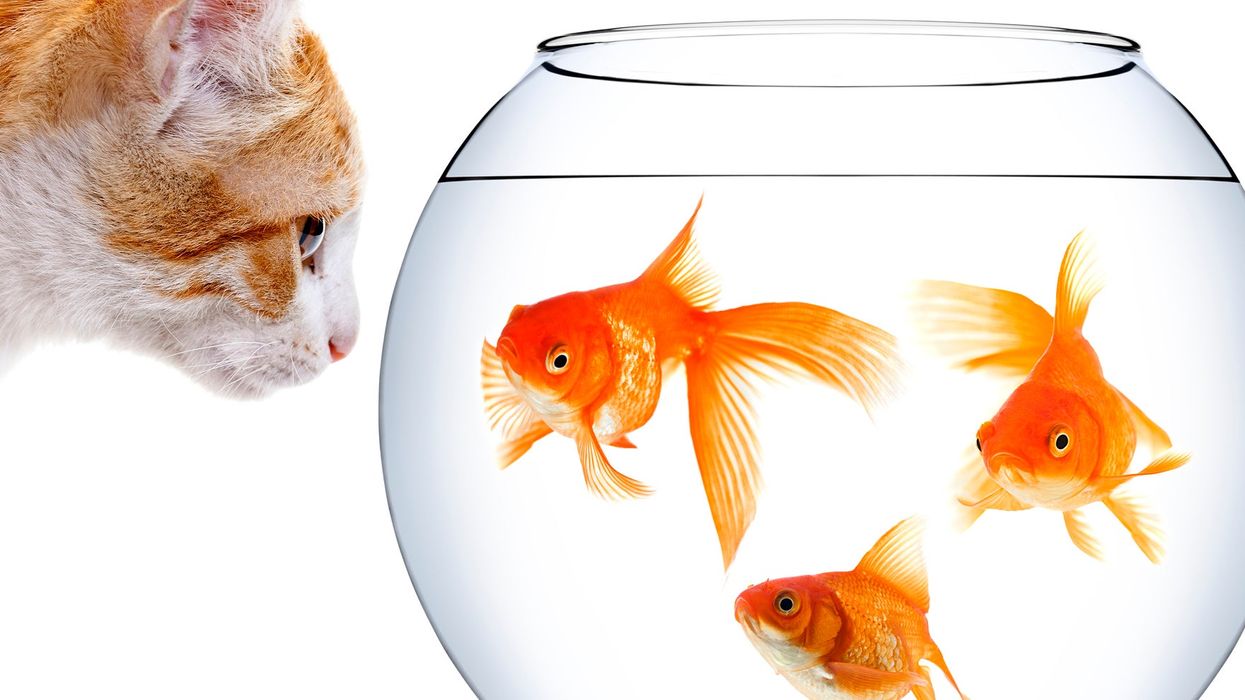
How many times have you heard that fish apparently don't feel pain?
Keen fishing fans will often use this as an excuse for their favourite pastime to alleviate the guilt that comes with hooking an animal out of it's natural habitat, only to (in a lot of cases) throw it straight back in.
Well, we have bad news fo fishing lovers and fish eaters, because a new study published in the Philosophical Transactions of the Royal Society claims that this is untrue. According to the study, which was authored by Lynne Sneddon at Liverpool University, poor old Flipper and pals can actually sense pain similarly to the way humans do.
Sneddon explained;
"When the fish's lips are given a painful stimulus they rub the mouth against the side of the tank much like we rub our toe when we stub it,”
Ouch.
Sneddon came to her conclusion after studying varies species of fish and their behaviours after being caught by a hook, versus caught in a humane way. She found that Marine shiner perch, a species which feed using a suction technique, fed less after being caught with a hook than without. In addition, goldfish, when suffering an electric shock, will avoid the area for days after, suggesting the memory of pain prevents them from going back to the scene of the crime, as it were.
The fish were even given painkillers, which were shown to alter their behaviour towards normal post-injury, feeding into Sneddon's conclusion that they can in fact feel pain. She gave a warning to those still wanting to fish in light of her findings;
If we accept fish experience pain, then this has important implications for how we treat them. Care should be taken when handling fish to avoid damaging their sensitive skin and they should be humanely caught and killed.
So next time you go fishing, try and keep this in mind. You'll be telling us fish don't have a short memory next either. Oh.
H/T: IFL Science
More: Brexiteer says she wants to leave the EU so she can 'eat fish and chips from a newspaper again'













